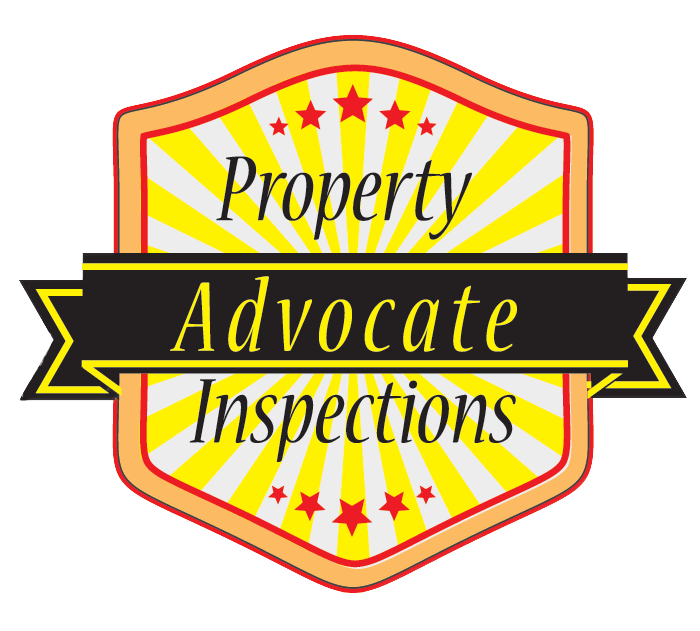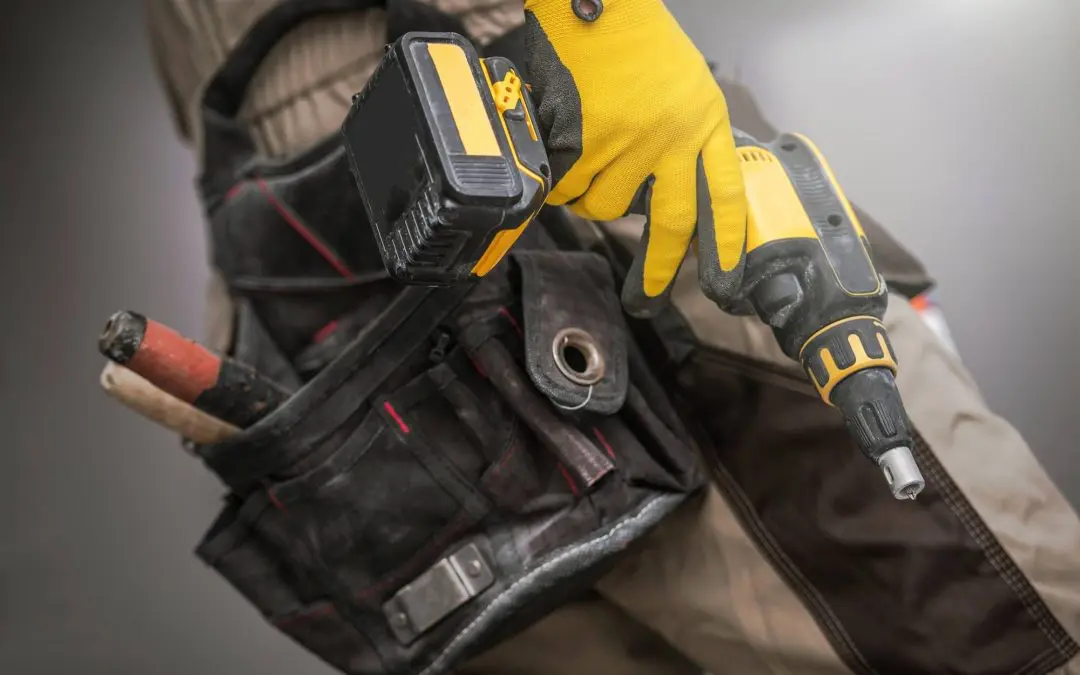For any DIY enthusiast, the right tools are crucial for getting the job done efficiently. However, safety gear that protects you from potential hazards is just as important as tools. DIY projects, especially home improvement ones, often involve using power tools, sharp objects, and potentially harmful materials. Here’s a look at the essential safety gear every DIYer should have in their toolkit.
Eye Protection Safety Gear to Keep Your Vision Safe
Eyes are incredibly sensitive; even the most minor debris or chemical splash can cause severe damage. Safety glasses or goggles are a must for any DIY project involving cutting, sanding, or working with hazardous chemicals. Choose eye protection that is rated to withstand impacts and resist chemical splashes to ensure your eyes are fully shielded from harm.
Unlike regular glasses, safety goggles fully enclose your eyes and prevent debris from entering from the sides. For those who wear prescription glasses, over-the-glass goggles or prescription safety glasses are available to ensure comfort and safety during work.
Ear Protection: Guard Against Hearing Loss
Power tools can generate a lot of noise, often exceeding safe levels for human hearing. Continuous exposure to high noise levels can lead to permanent hearing loss, making ear protection a critical piece of safety gear. Foam earplugs or noise-reducing earmuffs are great options to protect your ears during noisy projects.
Earmuffs may be more comfortable for prolonged projects as they cover the entire ear. Alternatively, earplugs are small, portable, and disposable, making them ideal for quick jobs or multiple users.
Safety Gear to Shield Your Hands from Injury
Hands are used for nearly every task in a DIY project, making them particularly vulnerable to cuts, burns, and punctures. Wearing gloves designed for your specific type of work can prevent many common hand injuries. Heavy-duty work gloves made of leather or thick material for general DIY tasks offer good protection against abrasions and splinters.
If you’re working with chemicals or paints, opt for gloves made from rubber or nitrile to protect your skin from corrosive materials. Cut-resistant gloves are also highly recommended when handling sharp tools or machinery to reduce the risk of serious injuries.
Respiratory Protection: Breathe Clean Air
Some DIY projects release particles or fumes that are hazardous if inhaled. This is especially true when working with paints, solvents, insulation, or woodworking materials that generate dust. A simple dust mask might suffice for basic tasks, but more serious projects require a respirator.
Respirators come in different types, from disposable models to reusable ones with replaceable filters. For projects involving chemicals or high dust levels, look for a respirator that meets NIOSH (National Institute for Occupational Safety and Health) standards. Proper respiratory protection can prevent both immediate irritation and long-term respiratory issues.
Footwear: Protect Your Feet from Accidents
When working on DIY projects, it’s easy to drop heavy tools, nails, or other objects on your feet. Sturdy footwear with a steel or reinforced toe will help protect your feet from these accidents. Closed-toe shoes made of durable material such as leather are essential to prevent injury in a workshop environment.
In addition to the risk of heavy objects falling, working with sharp materials like nails, glass, or metal scraps may result in puncture wounds. Specialized work boots often come with puncture-resistant soles, offering extra protection on these surfaces.
Head Protection: Stay Safe from Overhead Hazards
If your DIY project involves working on a ladder, scaffolding, or around structures where objects could fall, it’s crucial to wear a hard hat. Hard hats are designed to protect your head from impacts, such as those from falling tools or materials. Even in your own garage or backyard, unforeseen accidents can happen, so having a hard hat for these tasks is wise.
Opt for a hard hat that fits securely and provides good coverage without limiting movement. Adjustable straps and interior padding can enhance comfort, making it easier to wear for extended periods.
Knee Pads: Comfort and Protection for Long Tasks
Many DIY projects, such as flooring or gardening, require kneeling for extended periods. Over time, this can lead to knee pain or even long-term damage. Knee pads provide cushioning and support, allowing you to work comfortably on hard surfaces. They also protect your knees from sharp debris or rough ground, preventing cuts or bruises.
When choosing knee pads, look for adjustable straps that provide a snug fit without restricting movement. The extra cushioning makes a big difference when working on long projects or needing to be in awkward positions for extended periods.
Face Shields: Complete Protection for Face and Neck
A face shield provides an additional layer of protection for projects that generate a lot of flying debris or involve grinding. Unlike safety glasses that only shield your eyes, a face shield protects your entire face, including your neck. This is especially important when working with power tools that create sparks or when handling chemicals that could splash.
Face shields are often worn in conjunction with safety glasses for maximum protection. Some face shields come with adjustable visors or built-in respirators, making them a versatile option for heavy-duty work.
Clothing is Safety Gear, Too
What you wear during DIY projects can affect your safety just as much as other protective gear. Loose clothing can get caught in power tools, so it’s essential to wear fitted clothing that allows freedom of movement without posing a hazard. Long sleeves and pants made of durable fabric like denim or canvas protect against cuts and burns. Flame-resistant clothing is also a smart choice for welding projects or high-heat exposure.
When working outdoors, wear UV-protective clothing and sun hats to prevent sunburns, especially during long projects in direct sunlight.
Safety is the top priority for any DIY project, and investing in high-quality safety gear is a must. By outfitting yourself with essential items like eye protection, gloves, earplugs, and a good pair of work boots, you’re taking the first step toward creating a safer and more enjoyable DIY experience.
Advocate Property Inspections offers professional home inspection services to Maryland homeowners and homebuyers. Contact us to request an inspection today.

